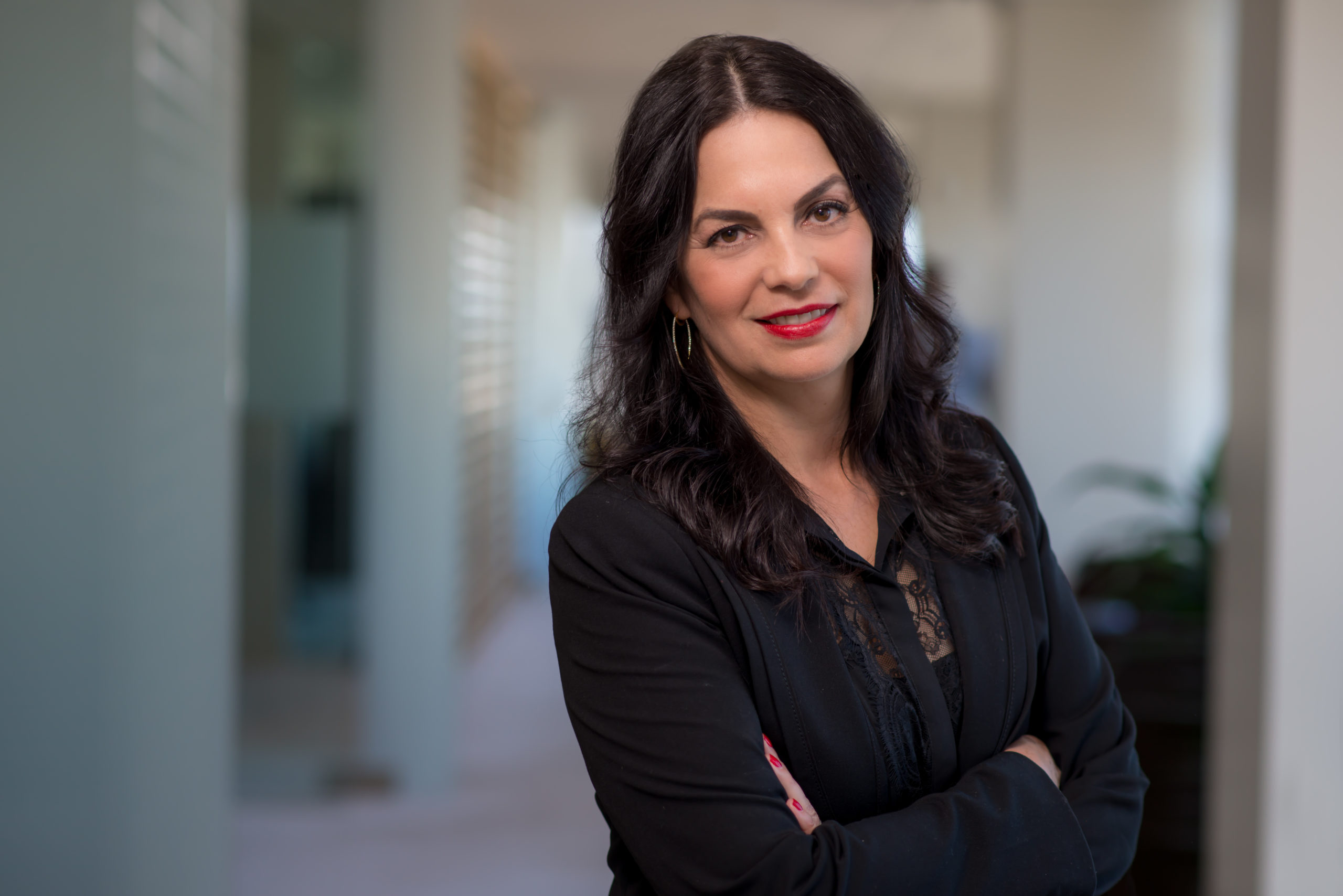In a new column, "On Leadership", we speak with Graciela Gomez Cowger, CEO of Schwabe, Williamson & Wyatt, about being an agent of change within her firm
We begin a new monthly column, On Leadership, created by Rose Ors for Thomson Reuters. Each month will feature conversations with law firm Chief Executive Officers and Managing Partners about how they are leading their law firms in today’s highly competitive and evolving legal industry.
In this installment, Rose speaks with Graciela Gomez Cowger, CEO of Schwabe, Williamson & Wyatt, about being an agent of change, her firm’s approach to client service, and being close to clients.
Rose Ors: You are Schwabe’s first CEO. What were the reasons for this significant leadership change?
Graciela Cowger: For 17 years the firm had two co-managing partners who split their time between leading the firm and practicing law. In 2017, the firm decided the times required the leadership of a single CEO to run the firm more like a business, as our clients do.
Rose Ors: How difficult was it to give up your law practice?
Graciela Cowger: For many people it would be hard to give up something you’ve spent 20 years building. But for me the decision was easy. I love a mission and adventure. I am someone who, if asked to get on a rocket ship, would say Yes, every single time. Leading this great firm is my rocket ship.
Rose Ors: You seem very comfortable with change. Are you?
Graciela Cowger: I’m extremely comfortable with change. It has to do with being an engineer for several years at Hewlett-Packard. Being at a company whose success was based on continual innovation, I learned to not only accept change, but to embrace it. Moreover, change is the only way to remain relevant and thrive. This is true for both individuals and organizations.
Rose Ors: Would you describe part of your mandate at Schwabe to be a change agent?
Graciela Cowger: Absolutely. I joined Schwabe in 2015 and became CEO in 2017. As a newcomer, I looked at the firm with fresh eyes. As an electrical engineer and patent lawyer, I brought an innovator’s mind-set to how we could prosper along with our clients.
The firm was also ready for change. My partners were ready to embrace a bold and innovative approach to client service and talent development.
Rose Ors: How did the firm’s approach to client service change?
Graciela Cowger: We are in the fourth year of our strategic plan. One of the pillars of the plan is a strong focus on six industry sectors — Healthcare & Life Sciences; Manufacturing, Distribution & Retail; Natural Resources; Real Estate & Construction; Technology; and Transportation, Ports & Maritime. We developed industry institutes, enhanced our services to meet the unique needs of those industries, and conducted regular client tours.
We did this in response to our clients’ feedback that they wanted industry-tailored legal advice that takes into account the particularities of the industries in which they operate.
How we spend our time and resources is dictated by this industry knowledge. How we hire is dictated by this industry knowledge. How we train our lawyers is dictated by this industry knowledge. Having this narrow focus simplifies our operations, helps us make decisions, and allows us to partner with our clients.

Rose Ors: In addition to becoming industry experts, what else does it mean for Schwabe to be close to your clients?
Graciela Cowger: It means visiting them often, not just in their offices but out in the field where they do business. For example, we join our maritime clients on tours of their barges and at the launch of their new vessels. For our construction clients, we put on our hard hats and walk their construction sites.
It also means jointly developing solutions to their problems, such as a client dashboard or a contract management system. It means conducting client service interviews using members of the firm who do not service the client to ensure honest feedback and continuous improvement.
Rose Ors: How would you describe your firm’s culture?
Graciela Cowger: At Schwabe we consider culture a hard asset because it is a key reason that we’re able to attract and keep clients and talent. A centerpiece of our culture is our deep connection to our clients and each other. We like and care for each other. We collaborate meaningfully. We have fun together.
Our culture values diversity, as well. The mere fact that the partnership chose me — a woman, a Mexican immigrant, and an engineer — to lead the most transformational changes in the 130 years of our firm illustrates the point. In addition, women make up the majority of our board members. I’m not aware of any other major law firm in our region who has prioritized diversifying leadership like Schwabe has. These choices demonstrate that our partners understand that diversity — in all its permutations — is necessary for the firm to evolve and prosper for the benefit of our clients, our people, and our communities.
Our culture also values inclusion. We have doubled-down on increasing the diversity of our summer associate program and hiring from the program. Further, we train new hires to succeed — our training is comprehensive, focusing on both hard and soft skills. The hard skills component is centered on substantive legal knowledge; and the soft skills range from public speaking to wealth management.
Rose Ors: What are the unique challenges of a firm your size, and in equal measure, the advantages?
Graciela Cowger: A challenge we face is the entry of Big Law into our market segment. This in turn has created a battle for talent. We can’t just throw dollars at candidates to entice them to join us. But our unique culture has proven to be a key reason many candidates decide we are the firm for them.
An advantage of being a regional firm is that our size enables us to be nimble and flexible. Our cost structure allows us to offer excellent service at regional rates. But perhaps our biggest advantage is that we’ve been serving clients in our key focus areas for decades. We know our clients and communities, and they know us.
Rose Ors: What is your leadership philosophy?
Graciela Cowger: I believe challenging the status quo at every turn is a business imperative. I lead by asking questions, such as, “Why are we doing X?” or “Is what we’re doing the best way to achieve our goals?” There’s nothing I won’t ask questions about.
I believe innovative thinking and courage are must-haves for a leader today. I encourage innovation by understanding that failure is part of the process. We have tried a bunch of different things. Some projects have worked spectacularly well and some not so much.
Those that don’t work, we abandon and move on. Being risk averse is not an option.
This interview has been edited and condensed by Rose Ors.






